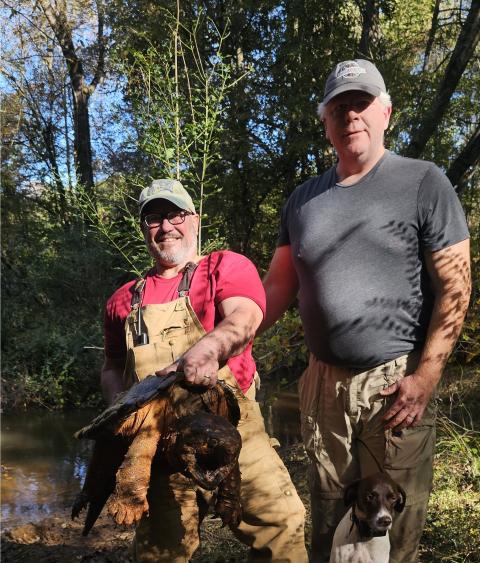Conservation Brief
Senate Overwhemingly Passes Public Lands Bill
On February 12, the U.S. Senate passed bipartisan legislation enacting a number of key public lands bills as well as permanently reauthorizing the Land and Water Conservation Fund. The Natural Resources Management Act, S. 47, was approved by a 92-8 vote and now moves to the House which had agreed to the provisions at the end of the last Congress; House leaders are hoping to move the bill under suspension which would expedite the process but would require a two-thirds majority. The legislation compiles over 100 individual lands bills sponsored by 50 Senators and cosponsored by nearly 90 Senators that had also received support in the House in the previous Congress; the majority of measures had passed in one of the chambers. Specifically, the bill designates 1.3 million acres of new wilderness, creates four new national monuments, adds 367 miles of rivers to the National Wild and Scenic Rivers System, and increases the size of national parks by more than 42,000 acres.
Senator Lisa Murkowski (R-AK) led the charge on enacting the bipartisan lands package, along with the ranking members on the Energy and Natural Resources Committee, Senators Joe Manchin (D-WV) and Maria Cantwell (D-WA). In a statement, Murkowski said: “The Senate’s overwhelming approval of this bipartisan lands package is a significant victory for Alaska and states across the country, particularly out west. From increasing access to federal lands for sportsmen, to creating new economic opportunities for local communities, and protecting Americans from natural hazards, our bill addresses a wide range of priorities important to many Americans. I’m proud of the work we have done and hope this package can move quickly through the House and be signed into law.”
Perhaps most notably, the legislation permanently reauthorizes the Land and Water Conservation Fund which had expired September 30, 2018. The agreement struck with House lawmakers at the end of the last Congress, which was included in S. 47, would direct no less than 40 percent of LWCF funds to federal land conservation and no less than 40 percent to state conservation and recreation programs. In addition, at least 3 percent of the amount appropriated or $15 million must be allocated toward recreational public access projects. In addition, language was added that requires any new federal land acquisition to take into consideration the management efficiencies, cost savings, geographic distribution, threats to the integrity of the land, and the land’s recreational value. The legislation does not provide mandatory funding for LWCF, however, due to objections to creating a mandatory funding program with some in the House and the Senate.
The bill also includes a number of other conservation provisions. A sportsmen’s title includes language that ensures federal lands are considered open to hunting, fishing, and recreational shooting unless explicitly closed. Any closures for these purposes must be of the smallest area and for the least amount of time and must be done with significant public input and consultation with state fish and wildlife agencies. Other provisions within the bill would reauthorize the Partners for Fish and Wildlife Program and the Neotropical Migratory Bird Conservation Act, adds language about protecting aquatic systems from invasive species to the Fish and Wildlife Coordination Act, and includes the Every Kid Outdoors Act as well as the 21st Century Conservation Service Corps Act.



